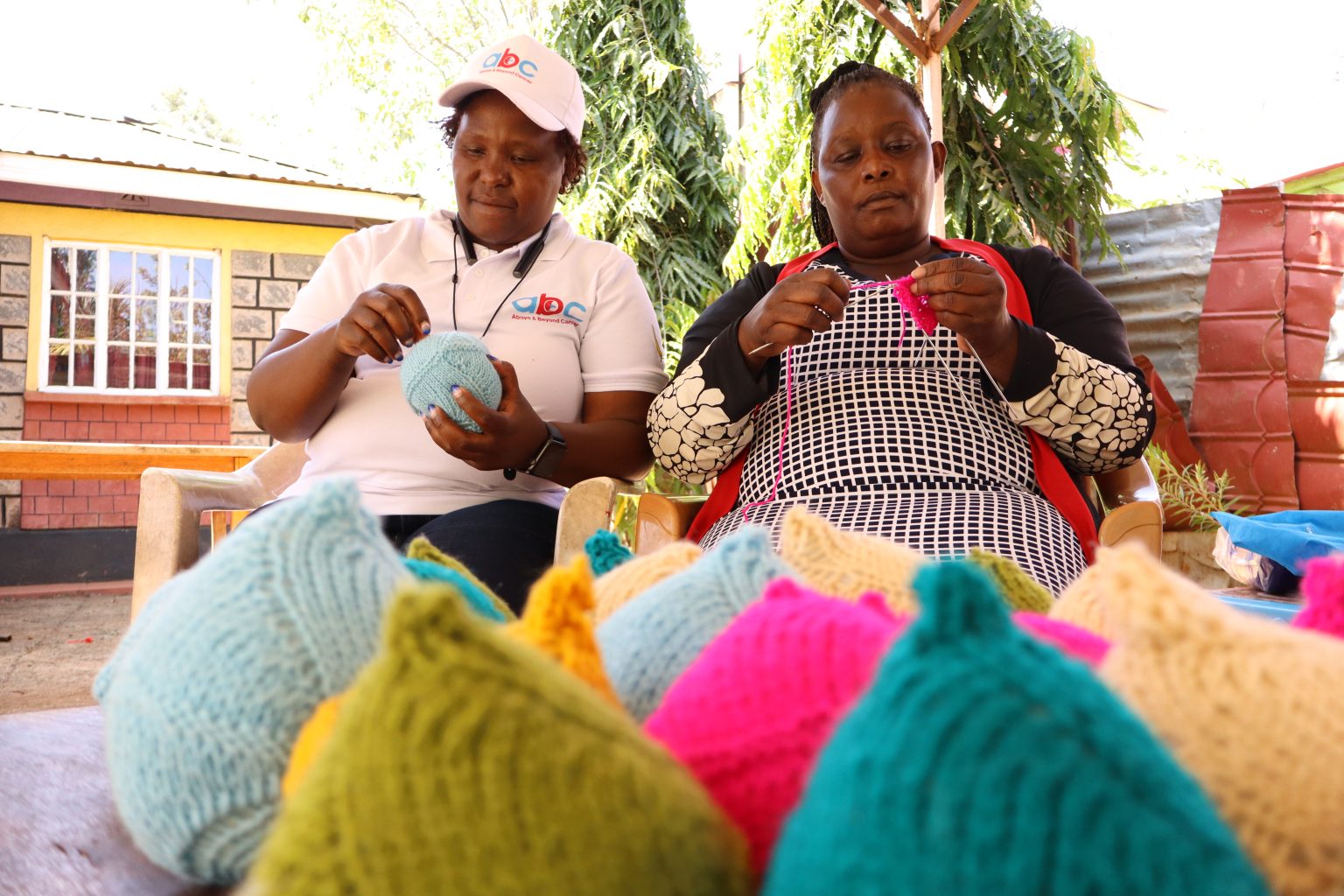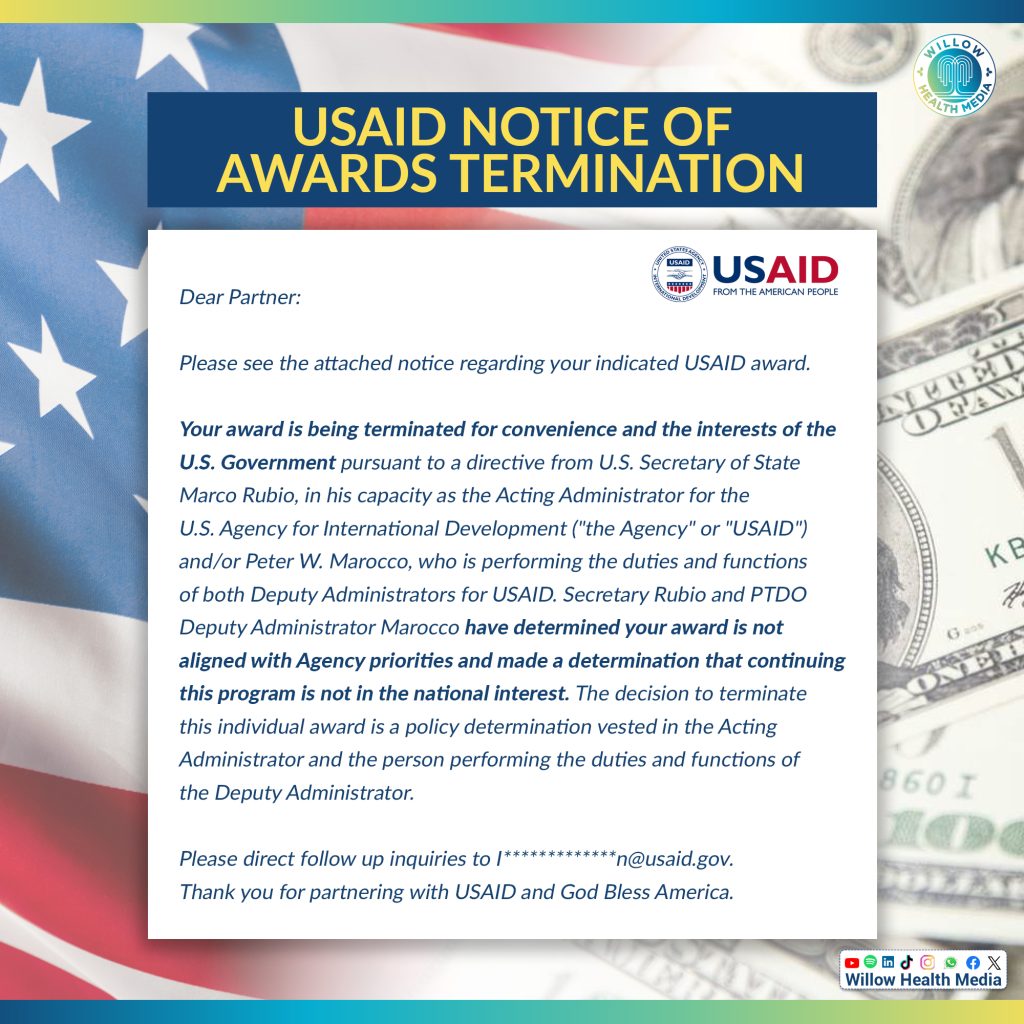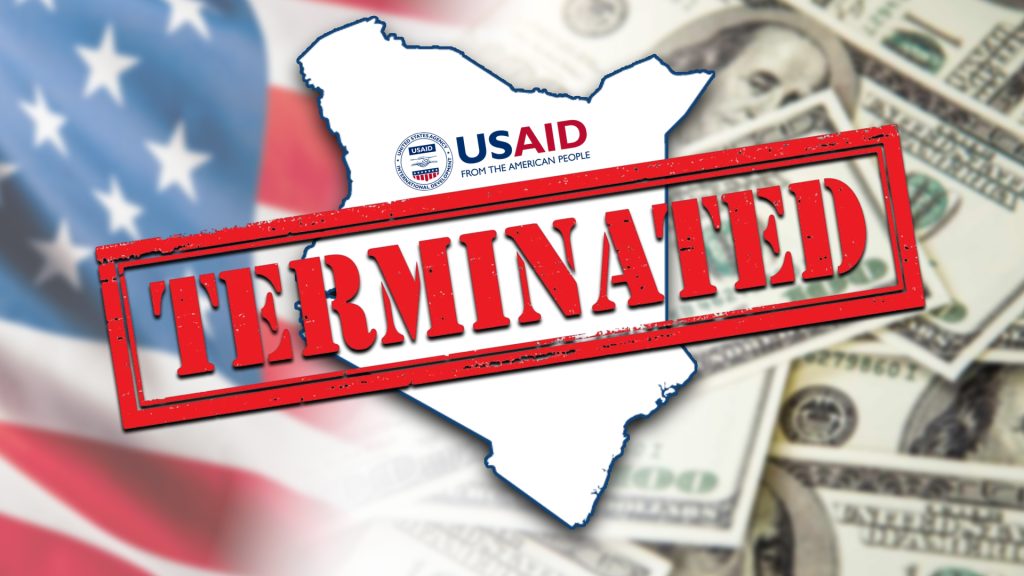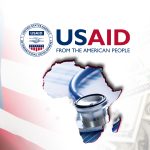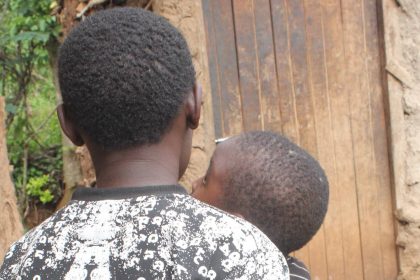Dionisia Mugo took a Ksh1.2 million loan for medical bills and her brother’s burial, now stranded as the US shuts down USAID without the 90-day review period
The US government has permanently terminated all grants under the United States Agency for International Development (USAID), including HIV, malaria, and humanitarian assistance, barely a month after a reprieve that the Stop Work Order issued earlier would be reviewed after 90 days.
The termination letters dated February 27, state that, “US Secretary of State Marco Rubio, in his capacity as acting administrator for USAID and Peter Marocco, USAID acting Deputy administrator, have determined your award is not aligned with agency priorities and made a determination that continuing this program is not in the national interest.”
The letter directs all implementing partners to immediately cease all activities, terminate all subawards and contracts, and avoid incurring any additional obligations chargeable to the award beyond those unavoidable costs associated with the termination notice.
This termination has affected thousands of workers under USAID, implementing partners and agencies.
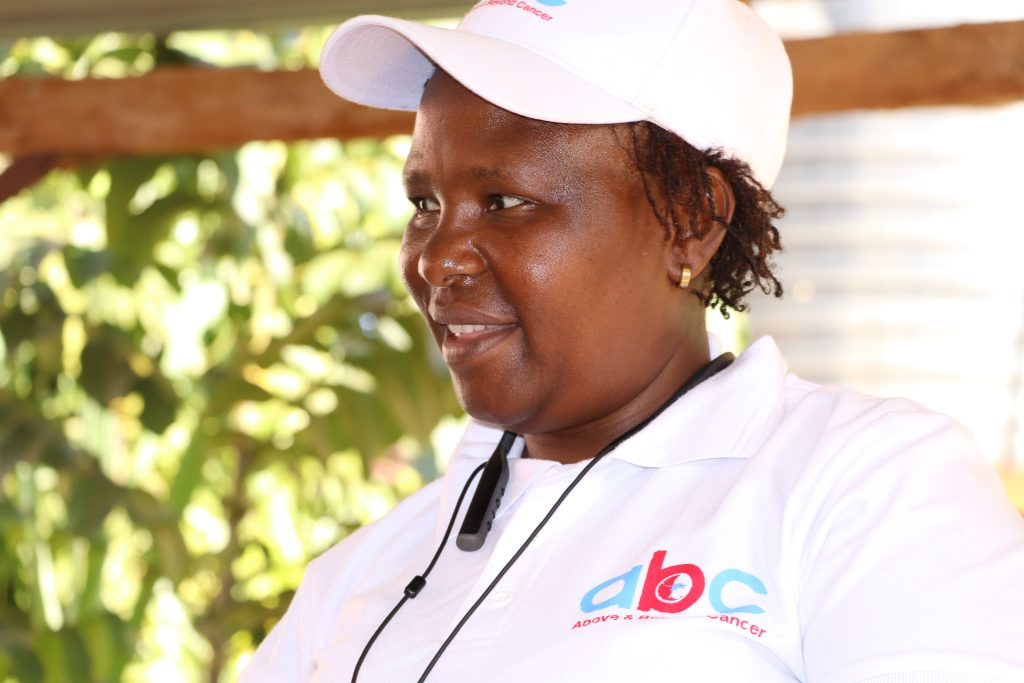
Dionisia Mugo, a 49-year-old breast cancer survivor of seven years, is now facing the harsh reality of the USAID termination. Mugo was working with USAID as an administrator based in Nakuru. Like many others affected, she held onto hope during the 90-day reprieve granted by US Secretary of State Marco Rubio, praying for a reversal of the stop-work order.
Mugo’s situation is particularly challenging. She is the sole provider for her family, which includes her late brother’s children. He tragically succumbed to cancer earlier this year. “It is not easy, especially with a chronic illness,” she explains. “I promised my late brother I would care for his children, and I’ve ensured their school fees and upkeep.”
The financial burden has been immense. Mugo took out a loan to cover a portion of her brother’s Ksh1.2 million hospital bill and even surrendered her land title deed as security to facilitate his burial. Now, with USAID termination letters issued to staff worldwide, her salary is gone, leaving her to find alternative ways to repay the loan.
Beyond her personal struggles, Mugo’s community work is also at risk. She founded a support group for women with breast cancer, where they knit breast prostheses and offer mutual aid. “Some of these women struggle to even eat,” she says. “Many lost their jobs after diagnosis, and I’ve been helping where I can. This termination impacts not just me, but everyone who depends on me.”
Despite her initial hope for a change of heart from the US government, Mugo is now focused on adapting. She must find a way to support her family while prioritizing her own mental and physical health.
The Trump administration has terminated the contracts of over 10,000 projects receiving USAID grants, which also include the Joint UN Programme on HIV/AIDS (UNAIDS).
Terminated too, are all global tuberculosis programmes, all US-made food aid aimed at malnourished children in Sudan.
Over 20 million people supported by the President’s Emergency Plan for AIDS Relief (PEPFAR) will be affected.
According to PEPFAR’s Monitoring, Evaluation and Reporting, Budgetary, and Human Resources for Health Inventory Data for the Financial Year 2024, some 222,333 people have been receiving new supplies of ARVs every day across the globe, with 7,445 children among those who will lose access to treatment.
The data shows some of the most affected countries include South Africa with 101,368 people affected, including 974 children; Mozambique with 25,932, including 1,257 children; and Kenya with 17,229 people, including 841 children. Tanzania has 15,115 affected, including 601 children; Uganda has 14,015, including 717 children; Nigeria has 11,077, including 437 children; and Zimbabwe has 10,325, including 486 children.
The termination impacts not only people living with HIV but also the clinical workforce.
The American Foundation for AIDS Research notes that globally, PEPFAR directly supports 271,229 individual Health Care Workers delivering direct client services, amounting to 190,693 full-time equivalent positions.



